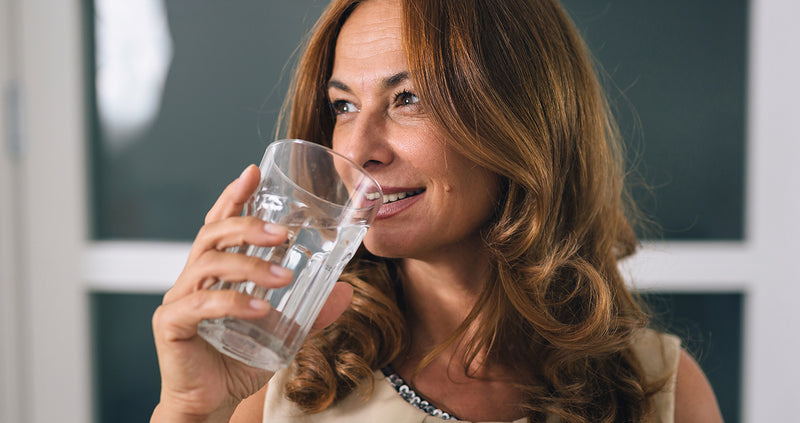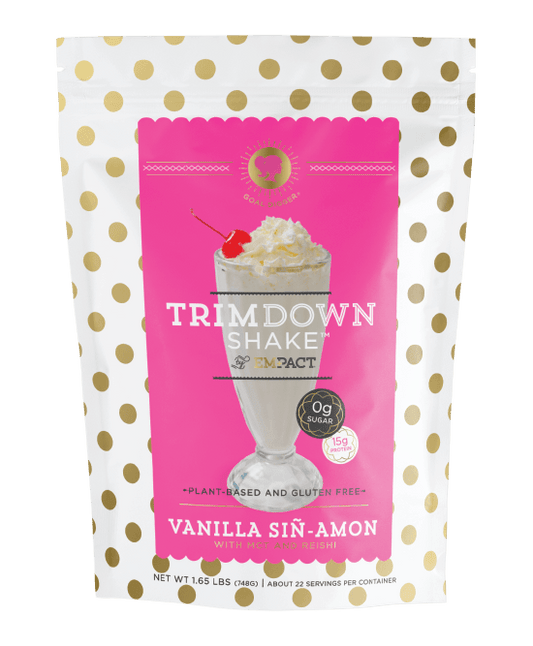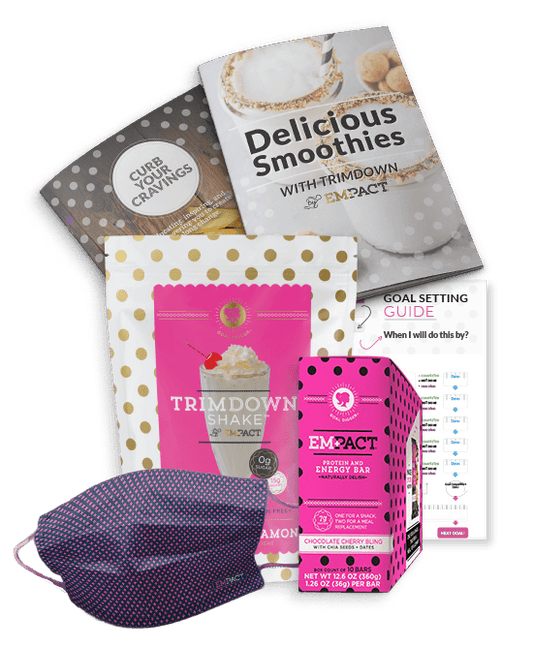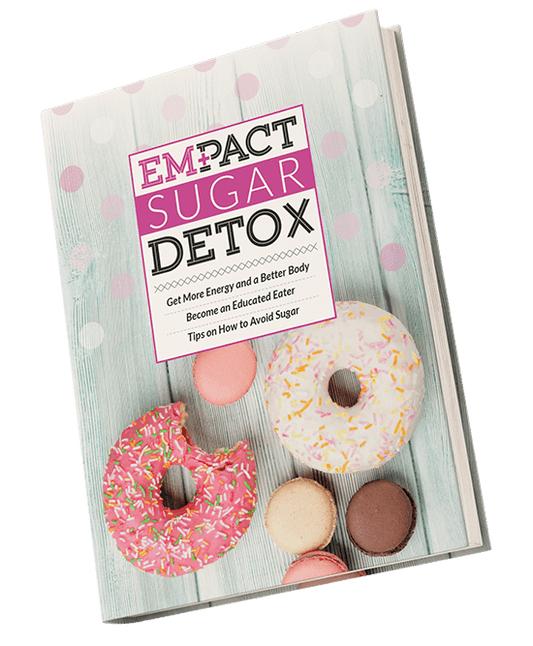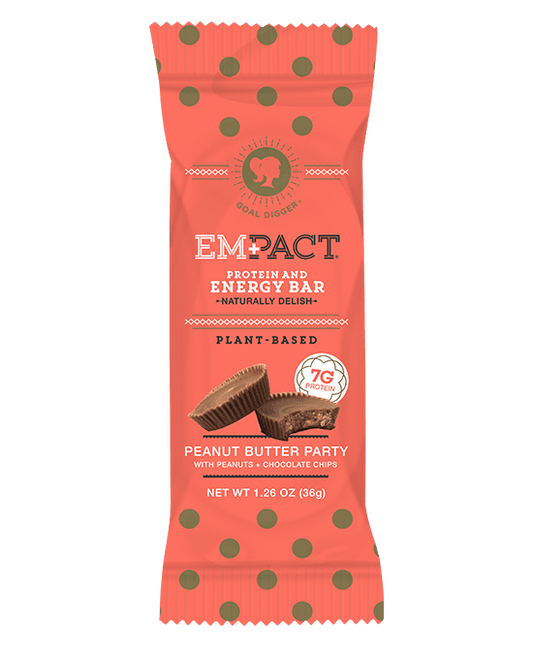Water is essential for life. It makes up 60% of our body weight and is necessary for almost every bodily function. But where does the water we need come from in our daily diet? Is bottled water better than tap water? And what happens if we don't drink enough water? In this article, we will explore these questions and more.
Sources of Water in Our Daily Diet
Water is found in many foods and beverages, as well as being a crucial component of our bodily fluids. Some of the main sources of water in our daily diet include:

Beverages:
Water is the most obvious source of hydration. Drinking plenty of water throughout the day is important for maintaining proper bodily function.

Fruits and vegetables:
Many fruits and vegetables are high in water content. For example, watermelon is 92% water, and cucumber is 96% water. Eating a diet rich in fruits and vegetables can help you stay hydrated.

Soups and broths:
Soups and broths are another source of water in the diet. These can be especially helpful in the winter months when it's harder to stay hydrated.

Other beverages:
Other beverages, such as tea, coffee, and milk, also contain water. However, some of these beverages can have a diuretic effect and may actually dehydrate you if you consume too much.
Bottled Water vs. Tap Water
One common question when it comes to water is whether bottled water is better than tap water. The truth is, both bottled water and tap water can be safe to drink. In fact, in many cases, tap water is actually safer than bottled water because it is regulated by the Environmental Protection Agency (EPA).

However, there are some situations where bottled water may be preferable. For example, if you live in an area with poor water quality or are traveling to a place where the water quality is questionable, bottled water may be a better choice.
It's also important to note that bottled water is not necessarily healthier than tap water. In fact, some bottled water may be no different than tap water in terms of quality, and it can be more expensive.
What Happens If We Don't Drink Enough Water?
Not drinking enough water can have serious health consequences. When we don't drink enough water, we become dehydrated, which can lead to a variety of symptoms, including:
- Fatigue and weakness
- Dizziness or lightheadedness
- Headache
- Dry mouth and throat
- Decreased urine output
- Dark-colored urine
- Dry skin
- Constipation
- In severe cases, dehydration can lead to heat exhaustion or heatstroke, which can be life-threatening.

How Much Water Should You Drink?
So, how much water should you drink? The answer to this question can vary depending on your age, gender, weight, activity level, and other factors.
A general guideline is to drink at least 8 cups (64 ounces) of water per day. However, this may not be enough for everyone. Some people may need more water, especially if they are very active or live in a hot climate.
One way to calculate how much water you need is to take your body weight in pounds and divide it by two. The resulting number is the amount of water in ounces that you should aim to drink each day.
For example, if you weigh 150 pounds, you should aim to drink at least 75 ounces of water per day.
How to Tell if You're Properly Hydrated
Staying properly hydrated is essential to maintain good health. But where does the water we need to drink come from? The human body is approximately 60% water, and water is necessary for many bodily functions such as digestion, absorption of nutrients, regulation of body temperature, and removal of waste.
Water is found in many sources in our daily diet, including fruits, vegetables, soups, and beverages. It is important to note that drinking water is not the only way to stay hydrated. However, it is one of the most efficient ways to ensure that your body is getting the hydration it needs.
Many people wonder if bottled water is better than tap water. While bottled water can be convenient, it is not always necessary for optimal health. In fact, some bottled waters are simply filtered tap water. Tap water is generally safe to drink, but some people may prefer to use a filter to remove any impurities or contaminants that may be present.
Drinking enough water is crucial to staying healthy, but what happens if we don't drink enough? When the body is dehydrated, it cannot function properly. Mild dehydration can cause headaches, dizziness, and fatigue. Severe dehydration can lead to serious health problems such as kidney failure, heat exhaustion, and even death.
So how much water should we drink? The answer is not a one-size-fits-all solution. The amount of water a person needs to drink depends on several factors such as age, gender, weight, activity level, and climate. As a general guideline, experts recommend drinking at least eight 8-ounce glasses of water per day. However, some people may require more or less water depending on their individual needs.
To determine how much water you should drink, you can use a simple formula. Divide your body weight in pounds by 2 to get the number of ounces of water you should drink per day. For example, if you weigh 150 pounds, you should aim to drink at least 75 ounces of water per day.
It's important to note that thirst is not always an accurate indicator of hydration. By the time you feel thirsty, you may already be dehydrated. Other signs of dehydration include dark yellow urine, dry mouth, and feeling tired or dizzy.
In addition to drinking water, there are other ways to stay hydrated. Eating foods with high water content such as watermelon, cucumber, and lettuce can help increase your water intake. Soups, broths, and smoothies are also great sources of hydration.
In conclusion, water is essential for good health, and staying hydrated is crucial to maintaining proper bodily function. While drinking water is not the only way to stay hydrated, it is one of the most efficient ways to ensure that your body is getting the hydration it needs. Remember to drink enough water and other hydrating beverages, eat foods with high water content, and pay attention to signs of dehydration. By doing so, you can ensure that you stay healthy and properly hydrated.


